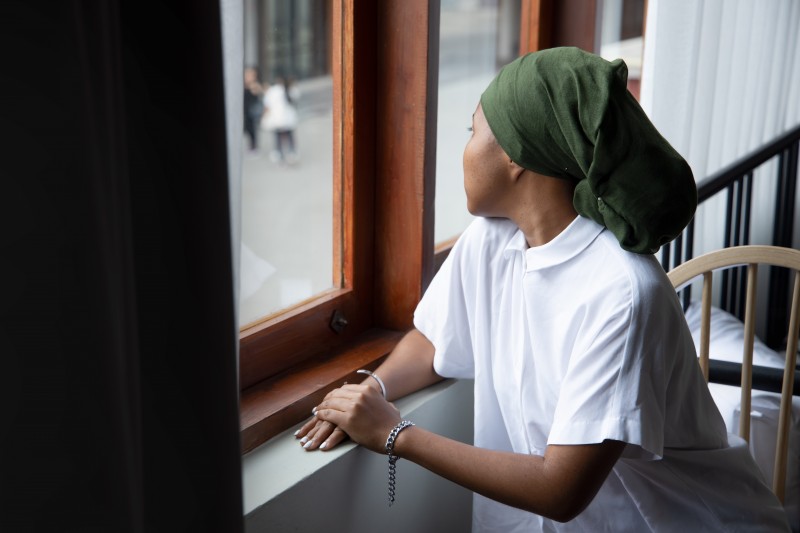Retrospective Study Finds Fewer Side Effects to Immunotherapy in Black Patients
 Clinical trials testing cancer immunotherapies significantly under-represented Black patients. While these treatments have resulted in dramatically improved outcomes for some patients, researchers from the University of Michigan Rogel Cancer Center wanted to understand whether that success holds true for patients who are Black.
Clinical trials testing cancer immunotherapies significantly under-represented Black patients. While these treatments have resulted in dramatically improved outcomes for some patients, researchers from the University of Michigan Rogel Cancer Center wanted to understand whether that success holds true for patients who are Black.
Researchers pulled electronic medical record data from 26,398 patients receiving immune checkpoint inhibitors through the Veteran Health Administration in 2020-2023. The cohort was comprised of 81% White patients and 19% Black patients. The study was based on data from the VHA’s Million Veterans Program. Patients were treated with one or a combination of immune checkpoint inhibitors for any of the nearly 20 cancer types for which these treatments are FDA-approved.
The study, published in The Lancet Oncology, found identical two-year overall survival rates of 36.5% for both Black and White patients. Black patients stayed on the treatment longer than White patients and experienced fewer severe side effects, including lower risk of colitis or thyroid disorders.
“Despite widespread use of immune checkpoint inhibitors in racially diverse populations, studies have not looked at the efficacy and safety of these drugs in large groups of non-White patients. While we found no evidence for lower efficacy of immunotherapy among Black patients, our study raises crucial questions about why Black patients had fewer immune-related side effects than White patients,” said senior study author Alex K. Bryant, MD, MAS, assistant professor of radiation oncology at Michigan Medicine.
The authors urge prospective validation studies that represent all races and sexes are needed to understand these differences.